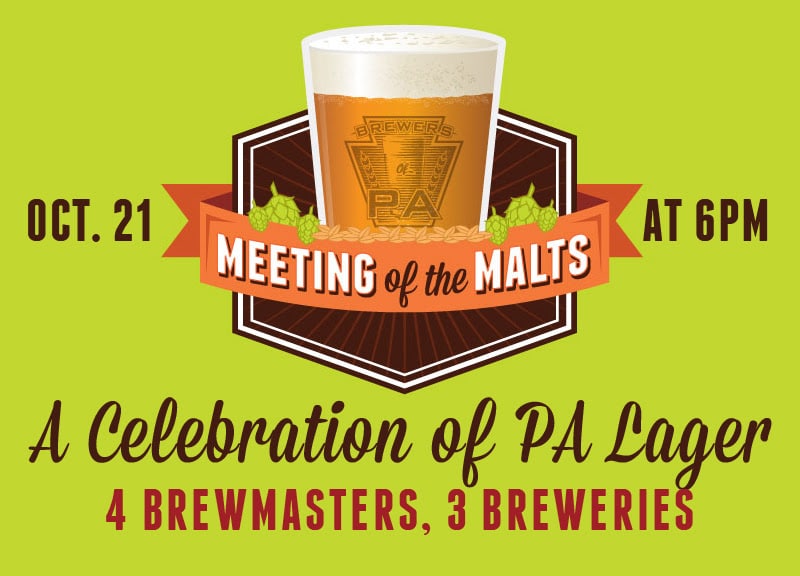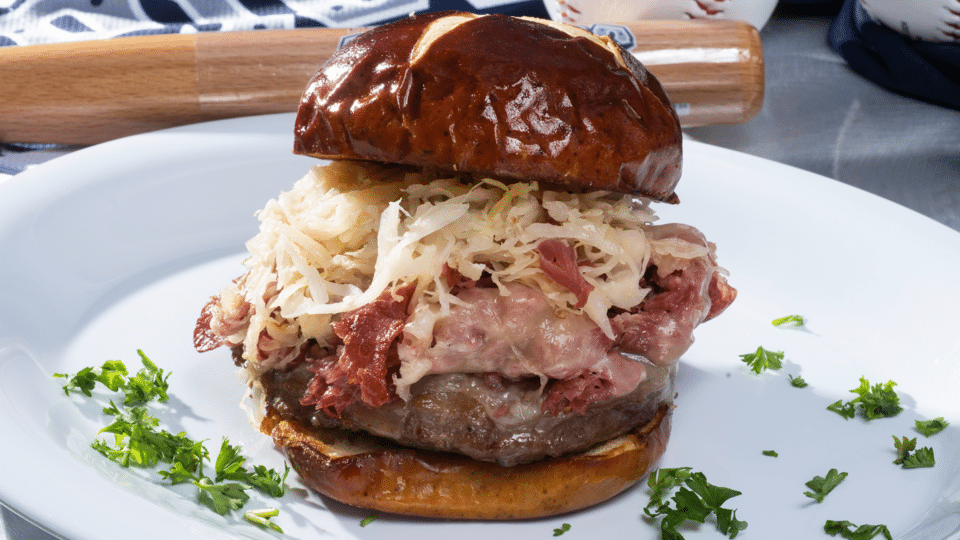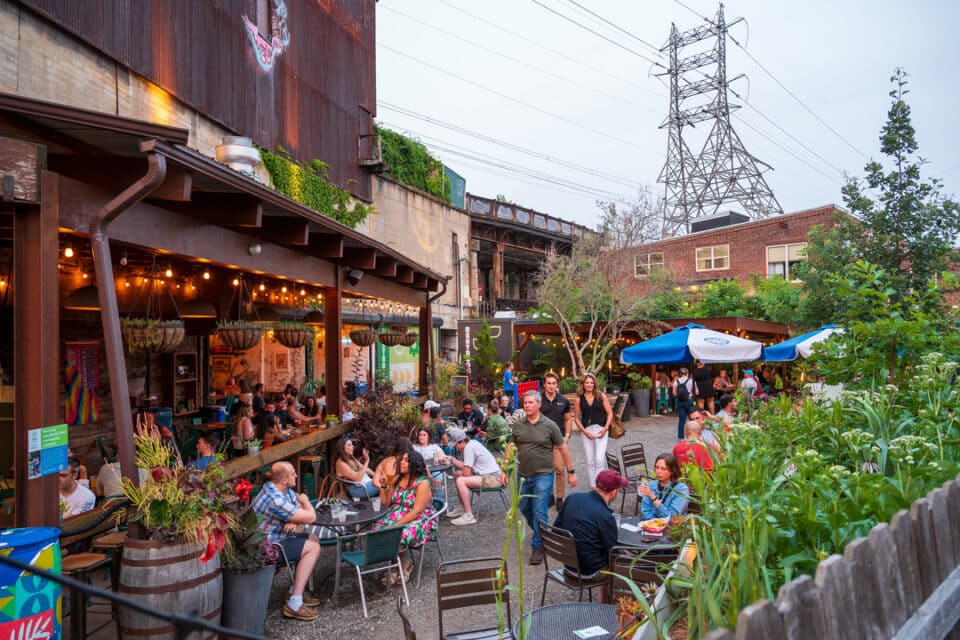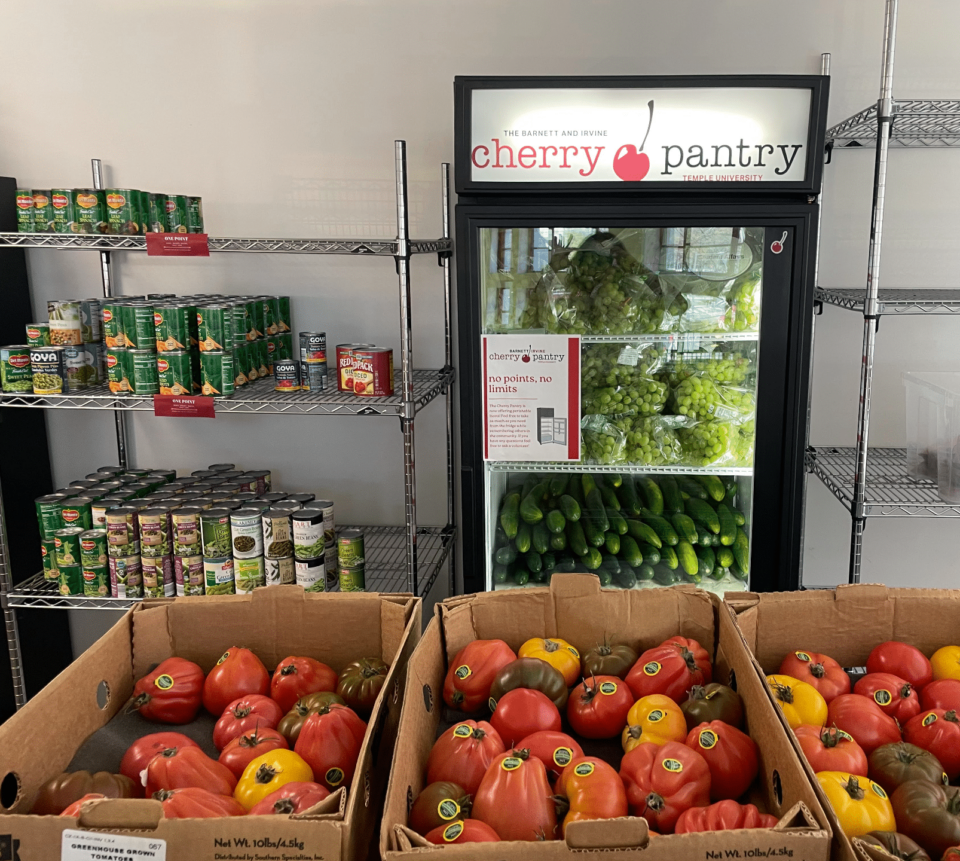On Tuesday, October 21, Sly Fox is hosting a Meeting of the Malts panel discussion with local craft brewers Bill Covaleski (Victory Brewing Co.), Bill Moore (Lancaster Brewing Co.) and Brian Reilly (Sly Fox Brewing Co.), in addition Bill Moeller, who is labeled as a “beer industry legend.” On an early morning phone call, Moeller chatted with me about his brewing career, Philadelphia’s important stature in brewing history and what to expect at the Meeting of the Malts.
Bill Moeller is a fourth generation brewmaster, having learned the craft from his father and uncles. “I started my apprenticeship with my uncle in 1950. I’ve been brewing for 64 years,” he says. Moeller’s career includes positions with such famed breweries as Horlacher, Ortlieb’s (which contract brewed for McSorley’s Ale House) and Schmidt’s. He estimates that his family has brewed an estimated 100 million barrels of beer.
One of Moeller’s projects, for which he is known amongst craft beer aficionados, was his recipe development for Brooklyn Lager.
“My grandfather worked at a brewery in Brooklyn. My grandfather was very involved and a brewer ahead of his time,” Moeller details. “I consulted his ledgers and my father’s. I had a feel for how the beer was made pre-Prohibition. The beers before Prohibition were flavorful beers—they put some hair on your chest.” The recipe became known as Brooklyn Lager.
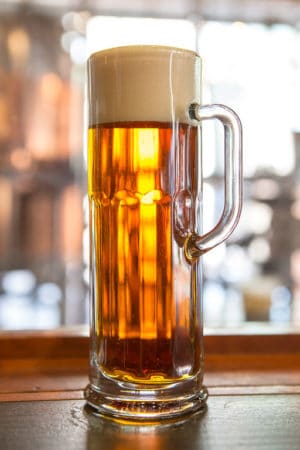 What’s changed with beers through the years?
What’s changed with beers through the years?
“When we were at Schmidt’s, we made some flavorful beers,” Moeller says. “They may not have been like they were today. The public wasn’t quite ready for them. The tide has changed. People are becoming more sophisticated in their beer drinking and the flavorful stylings.”
Asked about Philadelphia’s place in brewing history, he explains, “Lager brewing was introduced in Philadelphia in 1840 by a man by the name of Mr. Wagner. A lot of the brewing roots are in colonial Philadelphia.”
“With the introduction of Prohibition, brewers vanished. During Prohibition, they had wild can breweries, you could set up and brew your beer, and if you heard the Feds were coming, you would abandon it.” Bill explained that after Prohibition, beers had less flavor. “The public appetite was for lighter food and beverages.”
More recently, Moeller explains, “the gentleman who was a trailblazer in the Philadelphia craft brewing scene is Jeff Ware, founder of Dock Street Brewing Company. He had a beautiful brew pub at 18th and Cherry. He left there and Dock Street Brewery morphed into a craft brewery located at 51st Street and Baltimore Avenue,” which was the city’s first post-Prohibition brewery.
“When the lagers were first introduced, in the craft brewing scene, they were very flavorful. Now in the ensuing years, you have some very complex ales and beers where additives are added to make them interesting from a flavorful standpoint. It takes a good brewer to make a good pilsner or lager. Good brewing is all about consistency.”
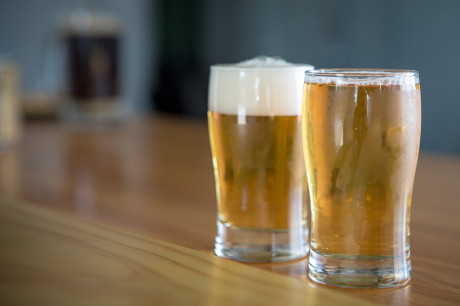 What are his favorite styles of beer?
What are his favorite styles of beer?
“I like lagers, pilsners and doppelbocks. I like some of the ales, and the IPAs too.”
Moeller is excited when talking about today’s craft beer revolution. “Some of these young folks have an educated palate,” he says. “But it is the entrepreneurship that drives the engine, and they are able to do it and make money in this wonderful environment called capitalism.”
The title of the Meeting of the Malts event is called Pathways to Lager Brewing in Pennsylvania. It will embrace brewing in colonial PA—the introduction of lager in Philadelphia and America, the impact of the industrial revolution in brewing in Pennsylvania. Enter Prohibition, the so-called Noble Experiment, lager beer, flavor profile and contrast, early local lager class brewers, what makes a good lager and then the discussion.
